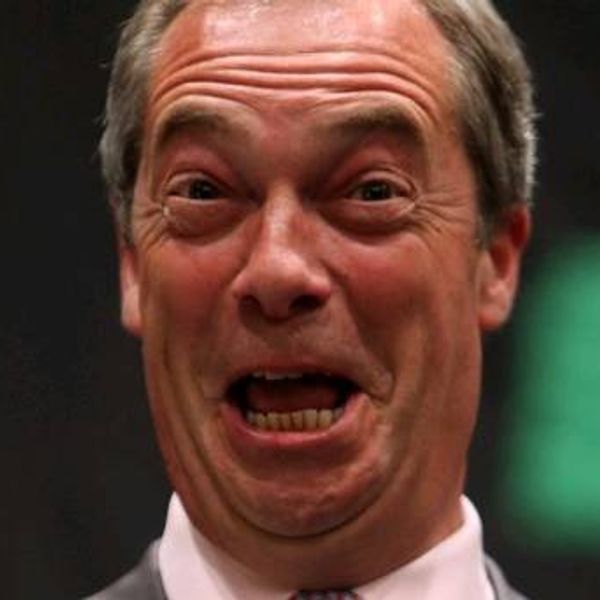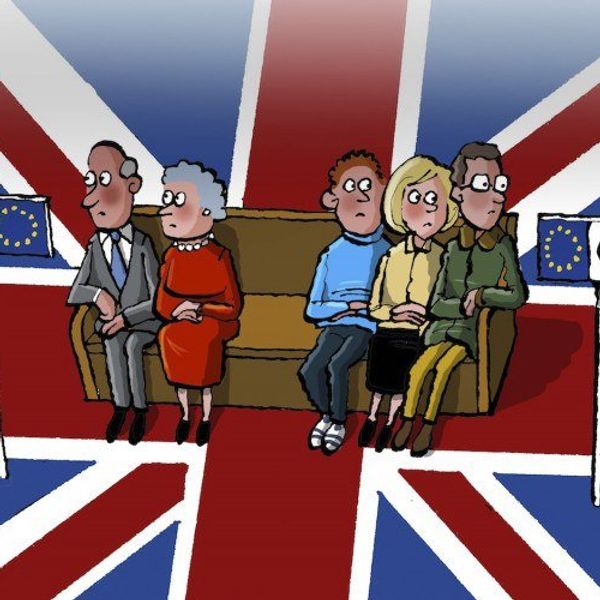On June 23, a British referendum decided, 51.9 to 48.1 percent, to leave the European Union. With such a divided result, reactions to the outcome have been everything from confident victory speeches to depressed resignation to fury. Yet with 72.2 percent of voters turning out, and no rules dictating a certain margin needed to win, this democratic process and vote would seem to be binding. Once David Cameron steps down by October and his successor steps in, the couple years of negotiations and talks will begin to disentangle regulations, border and trade agreements, interdependent institutions and Union obligations. While the Lisbon Treaty does provide a way to voluntarily leave the EU, it has never been tested before, and the months and years ahead will undoubtedly bring with them much uncertainty and divisive debate. While Britain will certainly have a lot to figure out in regards to what it keeps and rejects from the past 60 years of integration, and the possibility of a second Scottish independence referendum, the rest of the European Union has much to respond to as well.
Say
what you will about questions of regulation and sovereignty. The
European Union and its many predecessor organizations, stretching
back to the European Coal and Steel Community (1951), have been
integral in furthering peace on the continent and its member nations'
role on the world stage. While not a founding member, the United
Kingdom has been an
integral member
for decades and has added to the organization's economic stability and
international legitimacy. From the United States' perspective, it has
been an important link between the Union and NATO, US and European
interests, especially during the decades France was outside NATO's
Integrated Command Structure. With Britain now set to leave the
European Union in the coming years, the supranational organization
would be foolish not to reassess itself, its policies and public
persona.
While
many have tried to point to a supposed ignorance
on the part of Leave voters to explain the referendum result, that
doesn't change the simple majority, for better or worse. 17,410,742
people were responding to a disconnect they felt from the large
supranational organization, making their voices heard in a way they
felt they hadn't previously. Whether a portion of that vote derived
from an attempt to preserve tradition and nationalist ways, or from a
self-imposed lack of engagement with the EU's institutions, it
doesn't matter. If
the European Union can't adequately present itself to
the general populace as an
institution trying to serve the best interests of its members, then
something needs to change. The Union has always had a problem
presenting itself as a fully
democratic institution, its parliamentary elections attracting poor
turnouts, and inefficiency plaguing such a massive representative
organ. In conjunction with the continuing economic troubles in some
members, and ineffectual and divided solutions to the refugee crisis,
it is not entirely surprising (though still distressing) that the
British public voted Leave.
Brexit
spells years of uncertainty not only for the UK, but also for the EU and many other international actors. Britain has been an important pillar of
stability and growth within the supranational organization, and its
future as a
non-member nation is currently completely up for debate. While it is
unlikely that most European politicians will take a punitive position
to discourage future referendums (as that would have negative effects
on the block as well) definite moves need to be made in order to
secure the future of the EU. As the populace of many member nations
grow weary of economic troubles and perceived threats from refugees,
scapegoats will become
increasingly popular. With the Leave vote in the UK, the EU needs to
look for new ways to address areas of discontent. Whether the lead is
taken by the European Council, Commission, or debates in the
Parliament, confidence needs to be returned to the organization. The
European Union has been a point of hope and prosperity for many for
decades, but if current issues aren't addressed via further
integration, policy changes or a switch in presentation, its future
stands to be even more uncertain than Britain's.





















